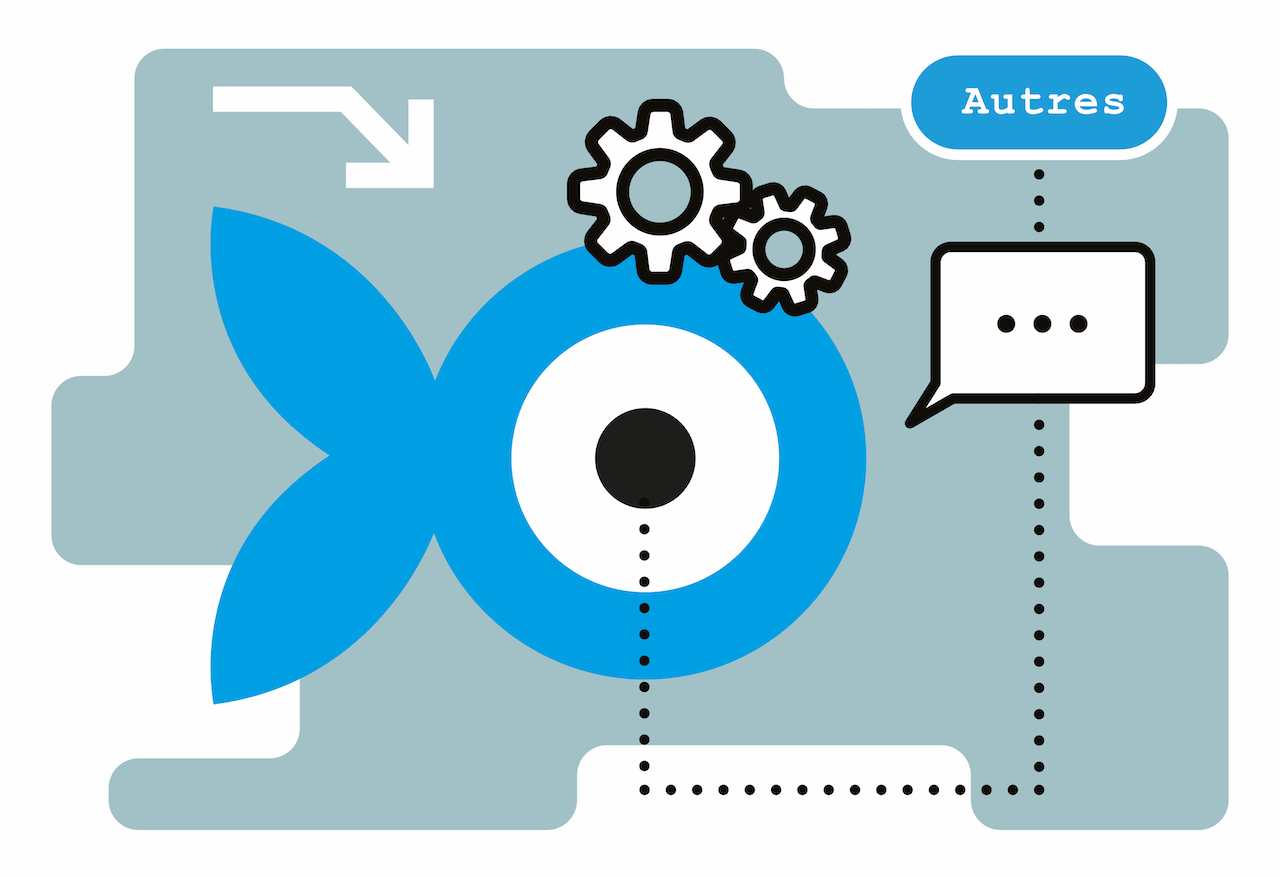Training needs of in-service primary and secondary education teachers when implementing intercultural virtual exchanges
Fiche du document
- ISIDORE Id: 10670/1.e897c3...
- hal: hal-04851000
info:eu-repo/semantics/OpenAccess
Mots-clés
Virtual exchange VE Teacher training Needs analysis In-service teachers' training for / through researchSujets proches
Faculty (Education) InstructorsCiter ce document
Ciara R. Wigham et al., « Training needs of in-service primary and secondary education teachers when implementing intercultural virtual exchanges », HAL SHS (Sciences de l’Homme et de la Société), ID : 10670/1.e897c3...
Métriques
Partage / Export
Résumé
Over the last few years, following a global pandemic which resulted in the rise of communicative technologies and on-line learning, researchers have advocated for virtual exchanges, or telecollaboration, to become more mainstream in education. With little available research on intercultural virtual exchanges being conducted by primary and secondary education teachers, an online questionnaire and focus group interviews addressed to these cohorts were completed to attempt to understand the barriers towards implementing IVE in their schools and the training needs to mitigate any reported challenges. A needs analysis was conducted with the data collected from inservice primary and secondary school teachers' questionnaire and interview feedback. Our findings show that both cohorts struggled with designing intercultural virtual exchange (IVE) materials especially for larger classes and how to structure the exchange over several months. While both also reported needing training with digital tools and platforms, secondary school teachers in particular cited needing support to link these to pedagogical tasks. We believe that the needs of these two groups of teachers can be met through coaching by experienced in-service teachers, a service offered by the E-LIVE project.
